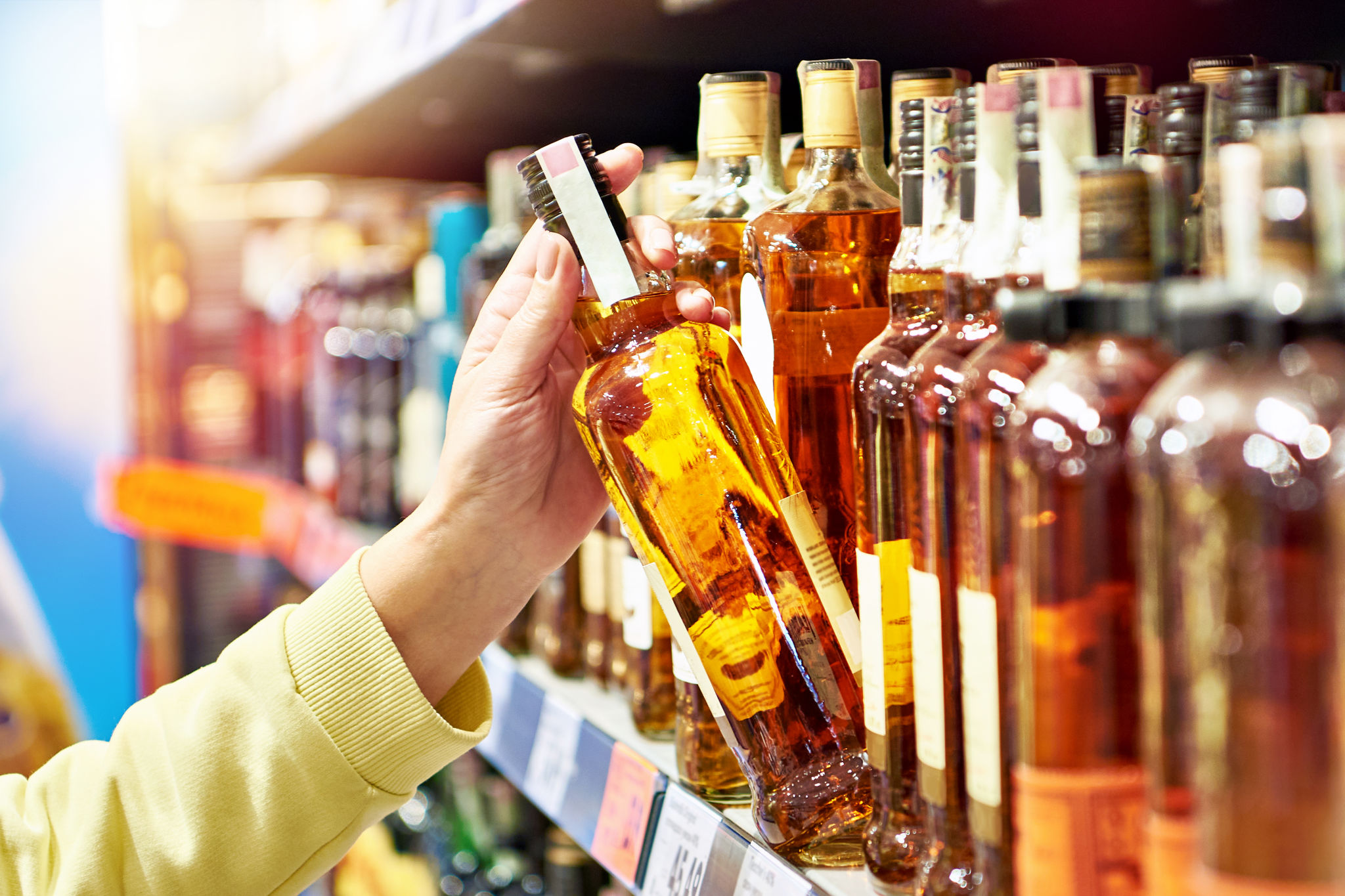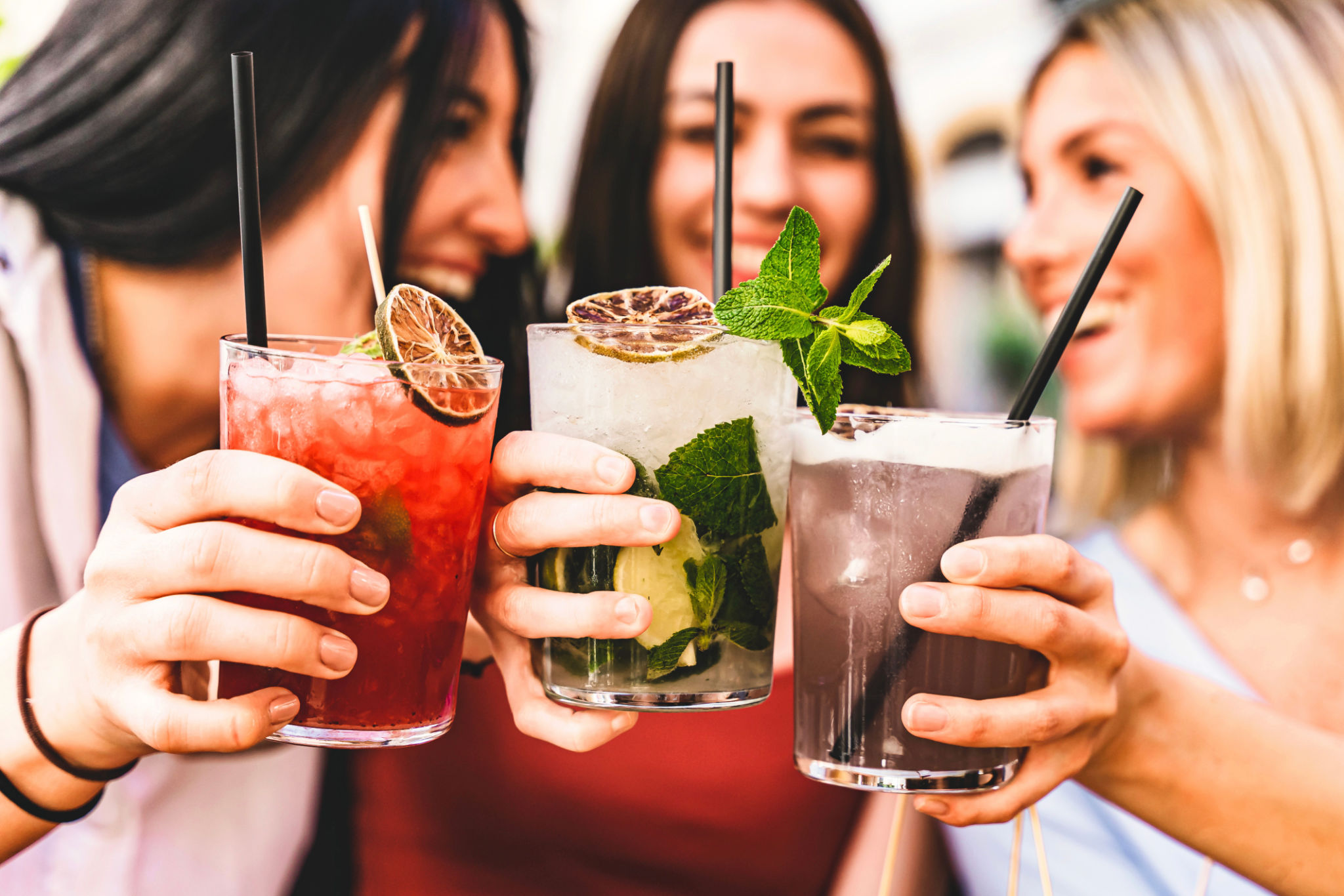Exploring the Impact of Seasonal Marketing on Liquor Sales
CD
Understanding Seasonal Marketing
Seasonal marketing is the art of aligning your marketing efforts with specific seasons or holidays to boost sales. This strategy is particularly effective in the liquor industry, where consumer behavior often shifts throughout the year. As the seasons change, so do the preferences and purchasing habits of consumers, offering unique opportunities for brands to capitalize on these trends.
With the right approach, seasonal marketing can significantly influence liquor sales. By crafting campaigns that resonate with the mood and activities of each season, brands can engage customers more effectively and increase their market share.

The Influence of Holidays and Celebrations
Holidays and celebrations are prime times for increased liquor sales. Events such as Christmas, New Year’s Eve, and Halloween often involve social gatherings where alcohol plays a central role. Retailers and brands can leverage these occasions by offering special promotions, limited-edition products, and themed packaging to draw in customers.
For instance, during the holiday season, consumers are often looking for gifts, making it an ideal time to introduce premium gift sets or exclusive holiday-themed bottles. Similarly, promotions around Super Bowl parties or summer barbecues can also drive sales by tapping into these social events.

Adapting to Seasonal Preferences
Consumer preferences for certain types of liquor can vary significantly with the seasons. In the warmer months, lighter spirits like vodka and gin, along with refreshing cocktails, tend to be more popular. Conversely, in colder months, people may gravitate towards richer, warming beverages such as whiskey or red wine.
By understanding these patterns, brands can tailor their product offerings and marketing strategies to match consumer demand. Highlighting seasonal cocktails or suggesting pairings with seasonal foods can also enhance customer engagement and drive purchases.

Leveraging Digital Marketing Channels
In today’s digital age, online platforms play a critical role in executing successful seasonal marketing campaigns. Social media, email marketing, and e-commerce websites allow brands to reach a wider audience and personalize their messaging based on consumer behavior and preferences.
Creating engaging content that reflects the spirit of the season can capture attention and encourage sharing among followers. Additionally, using targeted ads and promotions can help reach specific demographics who are most likely to be interested in seasonal products.
Measuring the Success of Seasonal Campaigns
To ensure the effectiveness of seasonal marketing efforts, it is essential to measure their impact on sales. Tracking key performance indicators (KPIs) such as sales volume, customer engagement, and return on investment (ROI) can provide valuable insights into what works and what doesn’t.
Analyzing data from past campaigns can also help refine future strategies. Understanding which promotions or products resonated most with customers during different seasons can inform decisions on how to allocate resources for maximum impact.

The Future of Seasonal Marketing in the Liquor Industry
As consumer expectations continue to evolve, the liquor industry must adapt its seasonal marketing strategies accordingly. Emphasizing sustainability, personalization, and digital innovation will be key to staying ahead of the competition.
Brands that successfully integrate these elements into their campaigns will likely see increased brand loyalty and stronger sales performance across different seasons. By staying attuned to changing trends and consumer preferences, the liquor industry can continue to leverage seasonal marketing as a powerful tool for growth.
